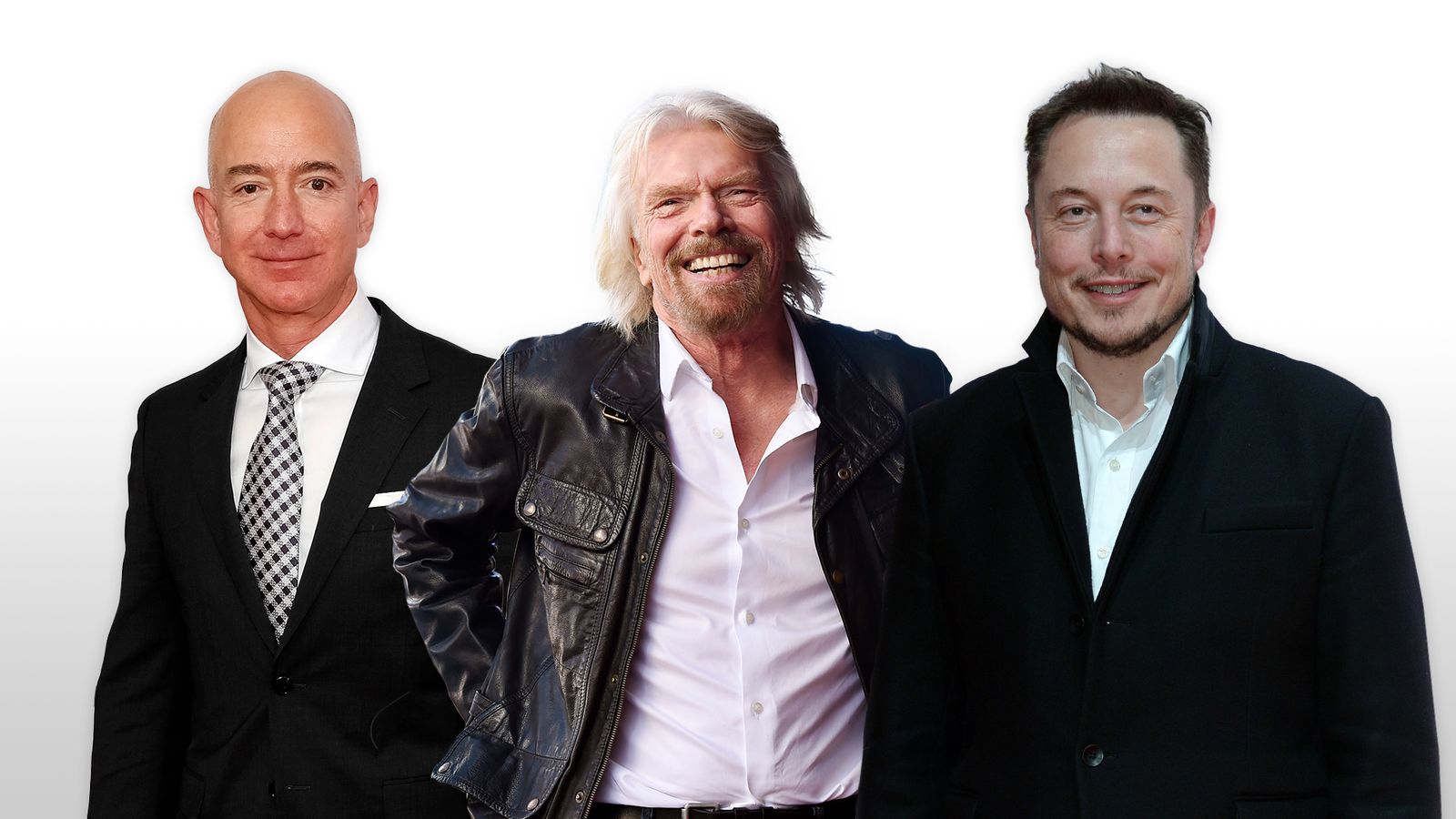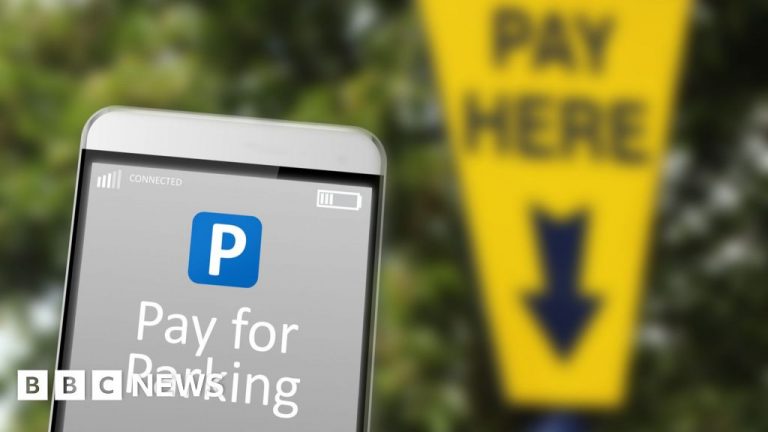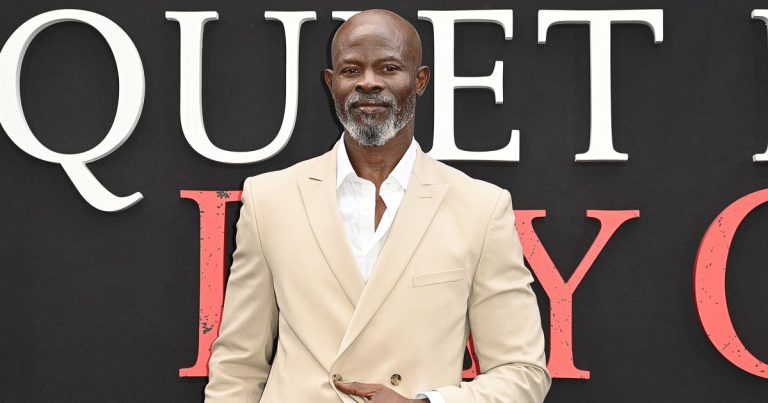Jeff Bezos’s Blue Origin is set for the inaugural launch of its new space rocket on Monday in a development that could add more fuel to the billionaire space race.
The New Glenn rocket is due to blast off from Cape Canaveral – the result of a multi-billion dollar, decade-long effort that could set the stage for Amazon’s satellite constellation venture and dent Elon Musk’s market share.
Mr Musk’s SpaceX has dominated the scene for many years but both Mr Bezos and Virgin Galactic founder Sir Richard Branson have designs on outer space… and the wealth tied up in its exploration.
Jeff Bezos and Blue Origin
“Ever since I was five years old, I’ve dreamed of traveling to space,” Mr Bezos said ahead of his journey to the edge of space in 2021.
He founded the Blue Origin venture with the aim of having “millions of people working and living in space”.
For years it has launched – and landed – its reusable New Shepard rocket to and from the brim of Earth’s atmosphere, but has never sent anything into orbit. That could all change on Monday.
Blue Origin will be hoping its New Glenn rocket will be able to compete with SpaceX’s Falcon 9, the world’s most active rocket.
Compared to Mr Musk’s Falcon 9, the New Glenn is about twice as powerful and its payload bay diameter is two times larger in order to fit bigger batches of satellites.
The upcoming launch is also a key certification flight required by the US Space Force before New Glenn can launch national security payloads as part of multi-billion dollar government tenders Blue Origin hopes to win.
Elon Musk and SpaceX
“I want to die on Mars – just not on impact,” Elon Musk once quipped.
The Donald Trump ally, who is frequently pictured wearing an “Occupy Mars” shirt, has enjoyed relative dominance of the private space industry through his company SpaceX.
Back in 2016, Mr Musk outlined his vision of building a colony on Mars “in our lifetimes” – with the first rocket propelling humans to the Red Planet by 2025, though this deadline does not appear likely to be met.
For many years the company used an image of the Martian surface being terraformed (turned Earth-like) in its promotional material. However, a NASA-sponsored study published in 2018 dismissed these plans as impossible with the technology available then.
SpaceX missions have included both US government contracts and launching the company’s Starlink satellite internet network.
And while Mr Bezos’ New Glenn rocket is much more powerful than the successful Falcon 9, SpaceX’s next-generation Starship, a fully reusable rocket system currently in development, would be more powerful still.
Mr Musk sees Starship as crucial to expanding Starlink’s footprint in orbit. Its next test flight is expected later this month and will involve deploying mock satellites.
Read more:
NASA astronauts stuck in space ‘don’t feel like castaways’
Spacecraft survives closest-ever approach to the sun
Sir Richard Branson and Virgin Galactic
Also seeking a stake in the upper atmosphere is Virgin founder Sir Richard, whose Virgin Galactic effort took its first tourists to the edge of space in 2023.
The crew took the passengers about 55 miles (88km) above Earth where they experienced zero gravity during the flight which lasted just over an hour.
“My mum taught me to never give up and to reach for the stars,” the British billionaire once said.
The company is currently taking a pause from flights as it develops new space vehicles, Forbes reported in October last year.
Its new fleet of Delta vehicles are scheduled to resume commercial spaceflight by 2026.





























+ There are no comments
Add yours